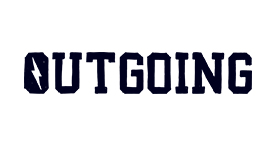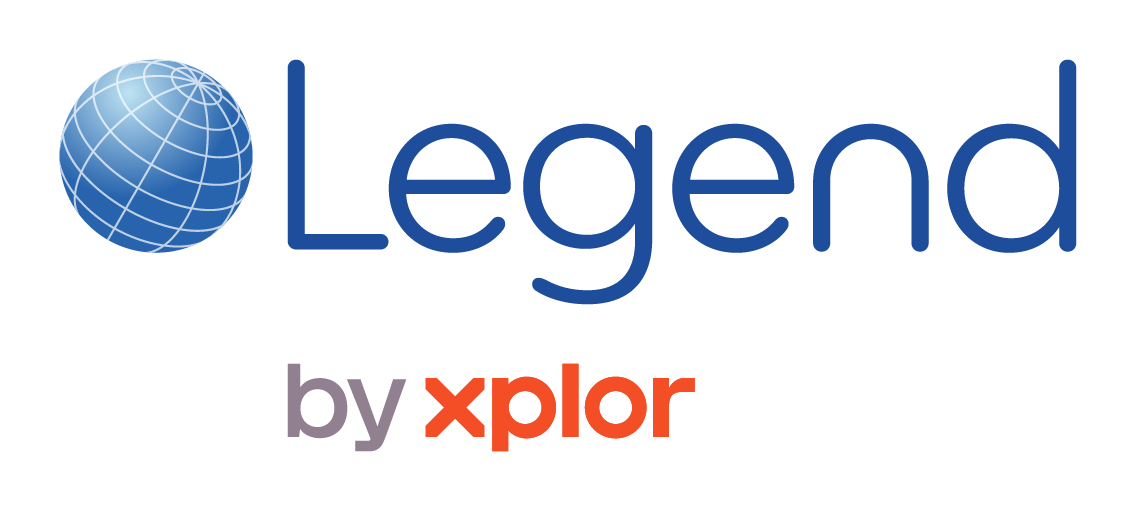The 2024 Paris Olympic and Paralympic Games have once again highlighted the extraordinary talent nurtured within British universities. Among the many success stories were several BUCS alumni who not only brought home medals but also exemplified the critical role that institutions and university sport plays in developing world-class athletes. From the athletics track to the boxing ring, these athletes remind us that the pathway from university competition to the global stage is both well-established and increasingly vital.
Perhaps in the shadows of this spotlight, it also reveals the diversity inherent in our programme and emphasises the opportunity those of us in university sport, and in the wider sport sector have to utilise our programme to build a more diverse, inclusive and representative participant base.
For those of us working in and with university sport, it is no surprise that 68 institutions had athletes represent GB Students or their university internationally in FISU and EUSA competitions this last year. This is not the preserve of the traditional powerhouse institutions (though their contributions are strong, and well celebrated), but a broad spectrum who cater for the needs of the students they serve and do so incredibly well.
In Paris, Daniel Wiffen of Loughborough University, with his gold and bronze medal performances in the swimming at La Defence Arena, exemplified the comprehensive support system available to student athletes, with the integration of sport and academics designed to enhance overall student experience and outcomes. The benefits are clear: students who engage in sports tend to perform better academically, develop stronger time management skills, and experience improved mental and physical well-being.
Similarly, Ros Canter of Sheffield Hallam University, who claimed gold in Team Eventing, highlighted how the university environment fosters not just academic excellence but athletic achievement. The performances of Canter and the scores of others competing in Paris underpins the proven connection between sporting success and academic performance - a relationship that universities have carefully cultivated.
The celebration of BUCS alumni in Paris includes the incredible success of our Paralympic athletes. Among them is BUCS Hall of Fame triathlete Lauren Steadman (University of Portsmouth), whose achievements once again highlighted the importance of inclusive and equitable support for all. Steadman’s triumphs as a member of Paralympics GB reflect the high-performance environment nurtured through university and speak to a deeper truth: sport at its best is inclusive, diverse, and accessible.
At BUCS, we recognise that diversity and inclusion are not just ideals but imperatives. The remarkable performances of Paralympic athletes illustrate the importance of creating sporting opportunities for everyone, regardless of ability or background. This belief is central to our mission and our value of Inclusiveness, and it’s why we are proud to be working tirelessly to increase our equity, equality, diversity, and inclusion (EEDI) impact. One of the most exciting developments in this area is our recruitment of a Head of Belonging. This new role will spearhead our ongoing efforts to make university sport more inclusive, ensuring that everyone feels a sense of belonging within our sporting community. They will play a pivotal role in shaping the future within BUCS.
In line with this commitment, we are also proud to have launched Women’s BUCS Super Rugby for the 2024-25 season. This initiative elevates women’s university rugby to the same status as the men’s competition, recognising both the immense talent within women’s rugby and its growing importance to our member universities. While we acknowledge that this parity could have been achieved sooner, its arrival marks a significant milestone in our ongoing journey toward equality in university sport.
The link between sports participation and academic success is well-documented, and it’s a connection we are exploring further through our upcoming research on the 'Value of University Sport'. Conducted in collaboration with a group of our member universities, this research will be launched later this year and will provide compelling and tangible evidence of how sport contributes to student recruitment, retention, and overall success. Watch this space for more.
Looking to the future, it’s clear that university sport is not just a reflection of current trends in the wider sport sector but a driver of those trends. The recent School Games National Finals, run by the Youth Sport Trust and funded by Sport England, provided a glimpse into the future of sport both in the programme and through its participants. With a focus on increasing the accessibility of sporting pathways for young people from all backgrounds - regardless of gender, disability, ethnicity, or socio-economic status - these Games showcased emerging sports like BMX, 3x3 and Wheelchair Basketball, Laser Run, and Obstacle Course. These events are more than just new additions to the competitive landscape, they represent the kinds of sports that resonate with young people today.
At BUCS, we are excited at the prospect of incorporating these trends into our offer, ensuring that university sport remains as attractive and inclusive as possible. By embracing these new and dynamic events, we can continue to serve both students and our member institutions - driving recruitment and fostering diverse participation. University sport can consider the presence of these emerging sports in our programmes not only attract new talent but also help shape the future of sport in the UK to be attractive and compelling to as many people, from as wide a range of backgrounds, as possible.
The success of our Paralympians in Paris, alongside their Olympic counterparts is demonstrative of the impact that inclusive competitive support systems can have. Our vision at BUCS is to provide exceptional student sporting experiences that inspire, develop and unite - this means creating environments where everyone can thrive.
As we look to the future, the stories of Daniel Wiffen, Ros Canter, and Lauren Steadman should inspire us all. Their success is a testament to the power of university sport, but also to the importance of sustained investment, support, and inclusivity.
Together, we can create a sporting culture that is as diverse and dynamic as the students it serves.














